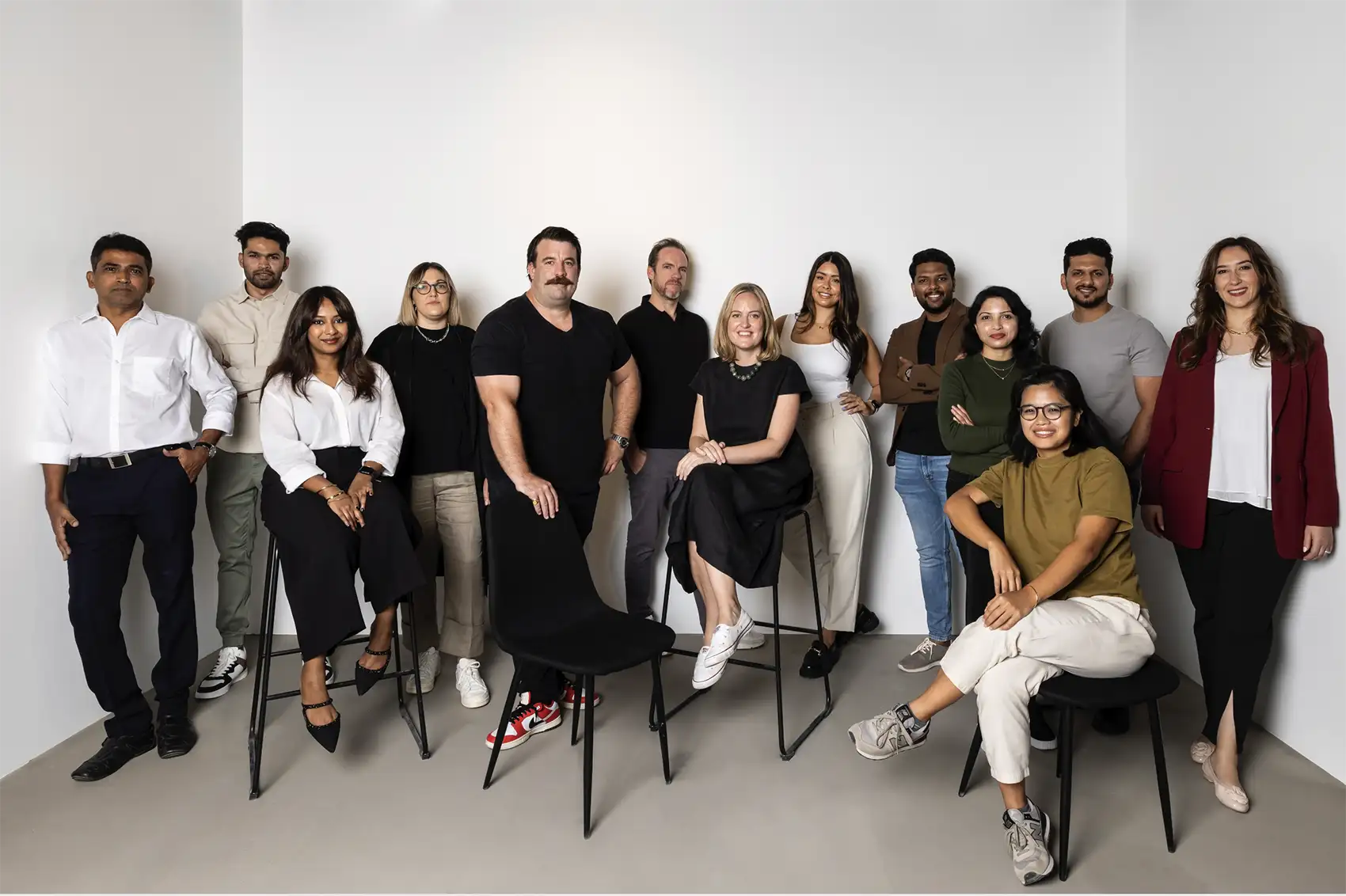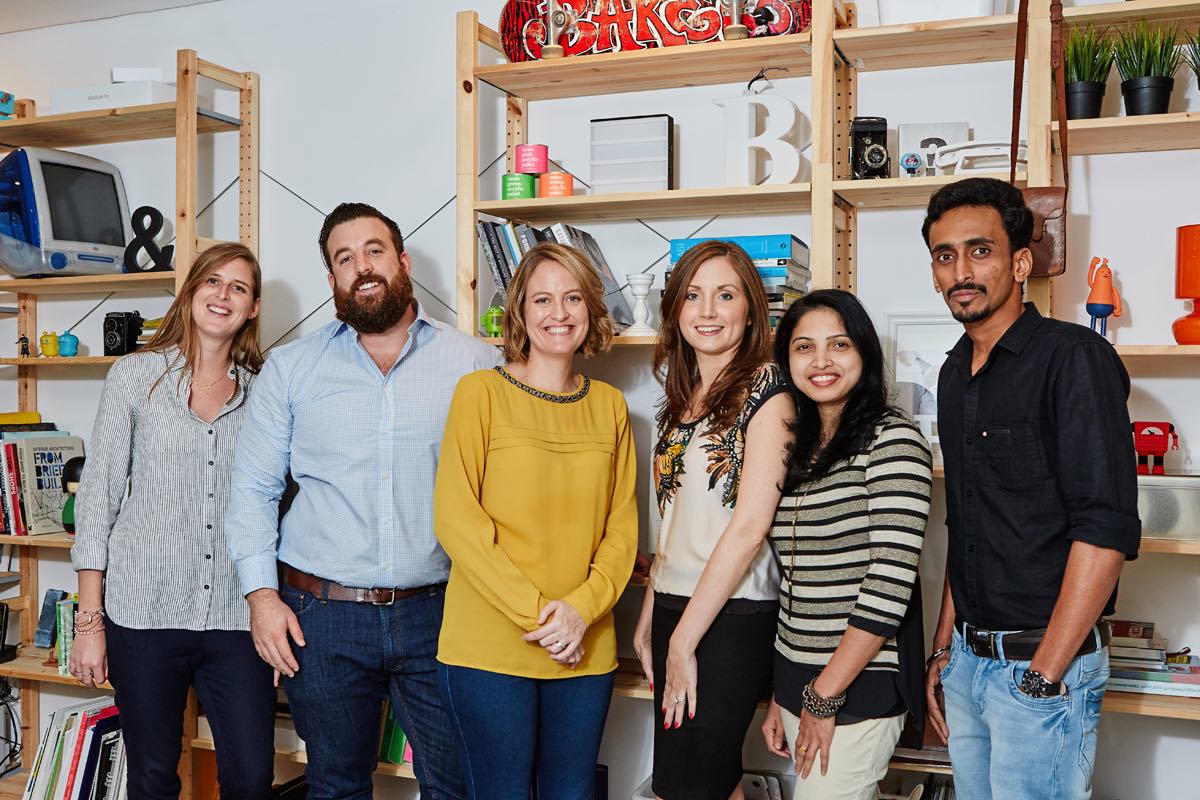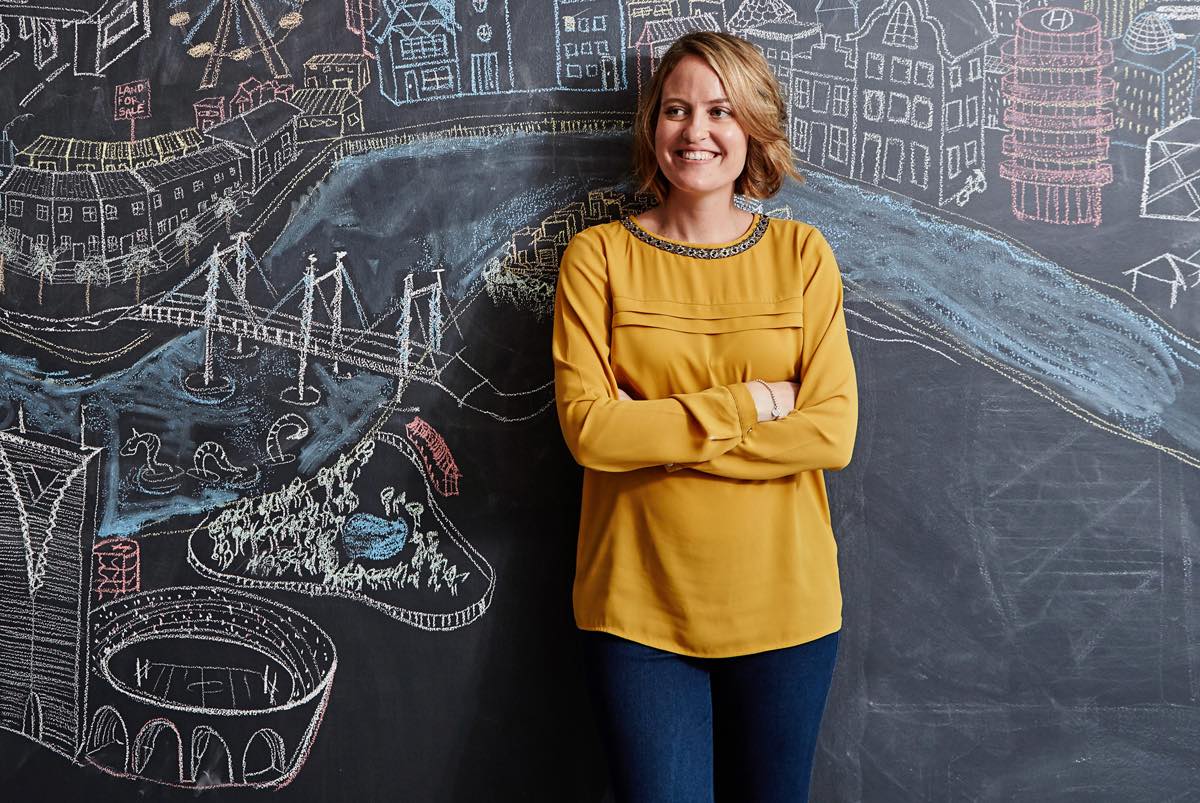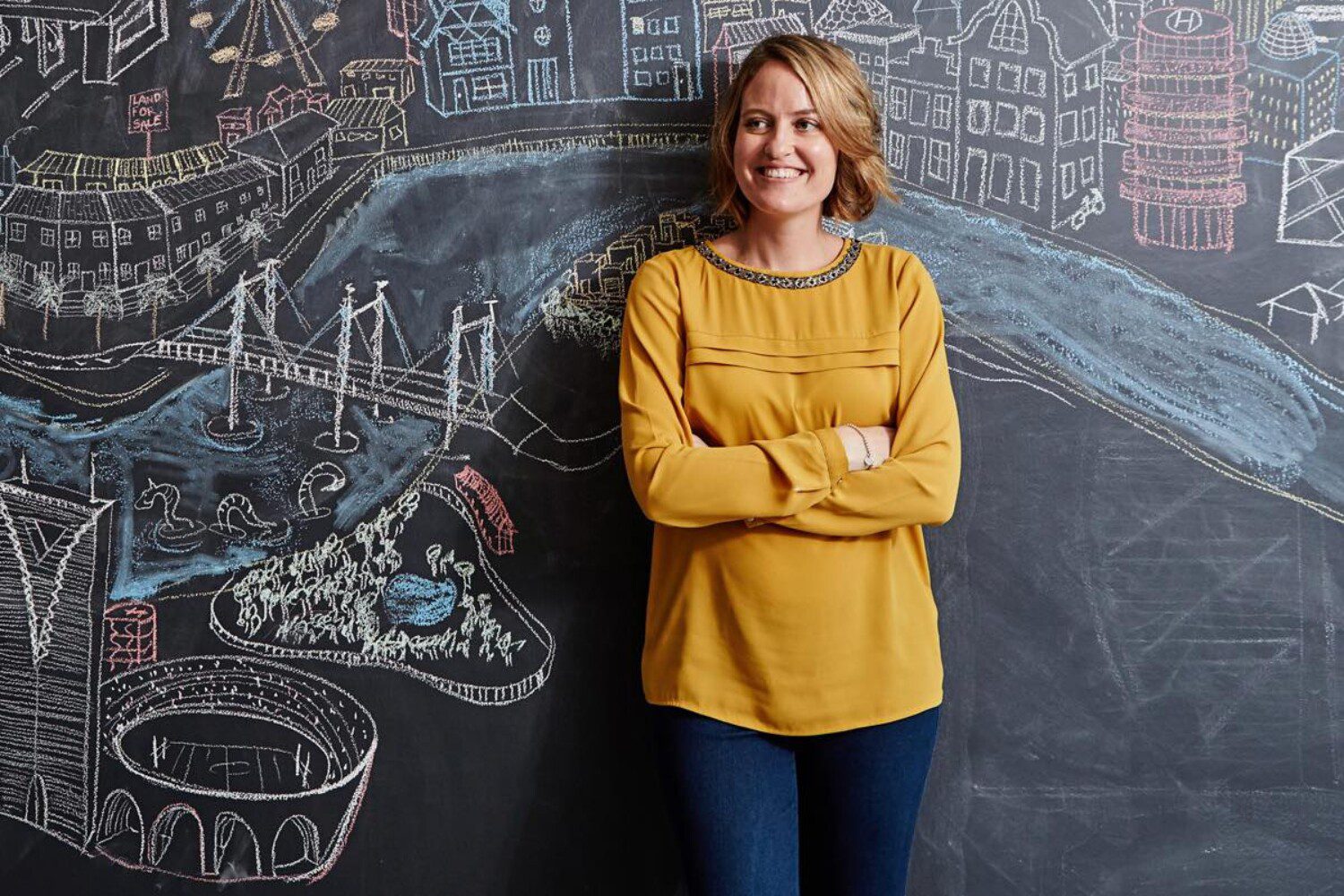Behind the scenes at FINCH

Last month we had the privilege of being featured in Commercial Interior Design Magazine. They put together the below feature on our award winning design studio in Dubai.
We loved the feature and we hope it gives you a bit more information about us. What we are about, where we have come from and where we are going. You can read the full article here:

From the Article
British interior architect Emma Stinson is the creative force behind Dubai-based FINCH. Which she co-founded back in 2011 with her husband Kristian who manages the business operations. In the past five years, the studio has gone from their spare room to now being this year’s Boutique Design Firm of the Year at the CID Awards. As the creative director, Emma oversaw more than 150 projects within this time. Ranging from large-scale retail projects such as Candylicious store in the Dubai Mall. To food and beverage outlets for clients like Five Guys and Wagamama.

Challenges
Commercial Interior Design talks to them about the challenges of breaking into the interior design market and building an award winning design studio in Dubai. Running the business together and why they decided to keep it small and within the family.
“It all started with just the two of us working back to back in a two by two-metre room in our house. We had just got married, and both finished our previous jobs and didn’t want to go and work for another company. It was something we were always talking about, and Kristian is great with sales, clients and getting the projects,” says Emma. Admitting that in the beginning both of them were questioning whether they had made the right decision.
“We established our studio in the heart of the recession and had to build it up from nothing. It started with a lot of hard and often free work with people wasting our time. And clients taking a chance on us. But that pushed us even more,” she admits.
Luckily, they worked with several clients who believed in Emma’s design talent and expertise. And these projects eventually opened the doors to bigger clients.
Boutique for the win!
“I never wanted to have a big company,” she says. “My dream was to keep it small and do projects I love and believe in. As a boutique studio, we are able to have a more personal relationship with our clients and they know that the person they meet for the first time will be working on their project from start to finish.”
Kristian adds that the studio takes only three projects at each stage (concept, detail and on site) so that the design team can manage it.
“We are now a team of seven, including Emma’s sister who is also interior designer. From the first day, we made a deal that I will handle everything except the design and that worked for us,” says Kristian.
“We’ve built a good portfolio of work because we hire exceptional designers and give them enough time to work on each project. We are fully in control of an entire design process. When we design something, we want to see it being built. We don’t want to see someone’s version of it since the team puts so much work into the concepts, this helps us to become an award winning design studio in Dubai.”
Despite the competitive market, the entire team prides itself on refusing to do free pitches to win work.
“We believe that pitching is a disgrace for the industry. Anyone who is doing it is basically saying it is okay to do design for free. We’ve lost some incredible projects because we refused to do it,” admits Kristian.
From a practical and creative perspective, Emma adds that pitching takes a lot of time away from regular work.
“Firstly, you don’t know the client well enough so everything you propose is just a guess. Secondly, we are such a small company and we don’t have resources to have someone on a project that’s not getting any money,” she says.
Being Diplomatic
Commenting on the designer-client relationship, Emma says it is all about being diplomatic when selling your designs.
“We learned to work within the constraints the clients give us. We usually tell our clients that they will get what they want but with our design touch. Sometimes, it can be a bit difficult to deal with so called ‘Pinterest clients’. They usually don’t know what they want, but provide you with tonnes of images they like, from chairs to lighting. The Pinterest board may look beautiful, but when you put all those pieces together, it doesn’t work. In the end, it is copying someone else’s design. I’m glad to see that the region is moving away from the copy/paste designs and more and more people coming up with new and fresh ideas.”
Studio EM’s body of work stretches across a broad spectrum of projects, covering restaurants, nurseries, schools, cinemas, retail outlets and even a couple of veterinary clinics as well as offices and cafes.
“Between our team, we mostly do retail and food and beverage projects. I love doing retail projects. The problem is that a lot of big retail brands use the same roll-out design and there is really no need for that. Retail design now calls for better customer interaction within the store. People don’t just shop to buy, and so design should be more experiential,” says Emma.
Emma and her team are currently designing new venues in Qatar for the Wagamama restaurant chain, a grooming salon in Nairobi, and a café in Zanzibar, alongside a big street food market in Kenya and a few confidential retail projects in Dubai.
“We are converting a 40,000 sqft warehouse in Kenya into a food market with eight different restaurants and a wine bar,” says Emma. “Nairobi has an amazing art scene, big coffee culture and the food culture has started developing, so we really see it as a potential market.”
She is now hoping to tap more into the hospitality and F&B sector, both here and in East Africa.
Born In Dubai
Originally from the North of England, Emma’s parents moved to Dubai 36 years ago. Being born and raised here, she witnessed a momentous transformation and the evolution of the city.
“I came to the industry thinking that Dubai has loads of money and designers have unlimited budgets to work with. But, to be honest, our best projects were, in fact, the ones where there was not enough money because we had to be smart and more creative with our designs,” she concludes.


